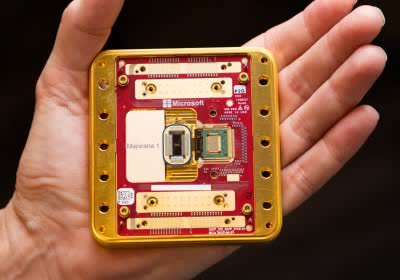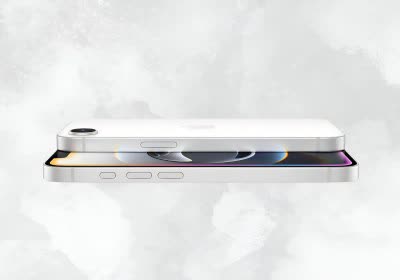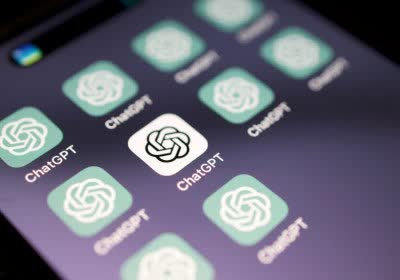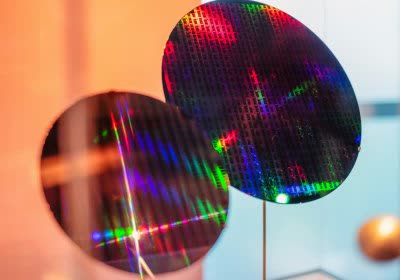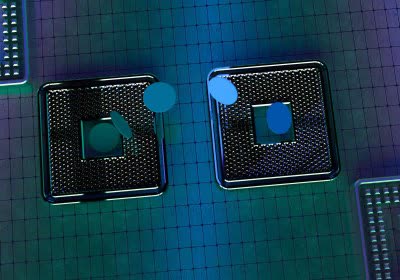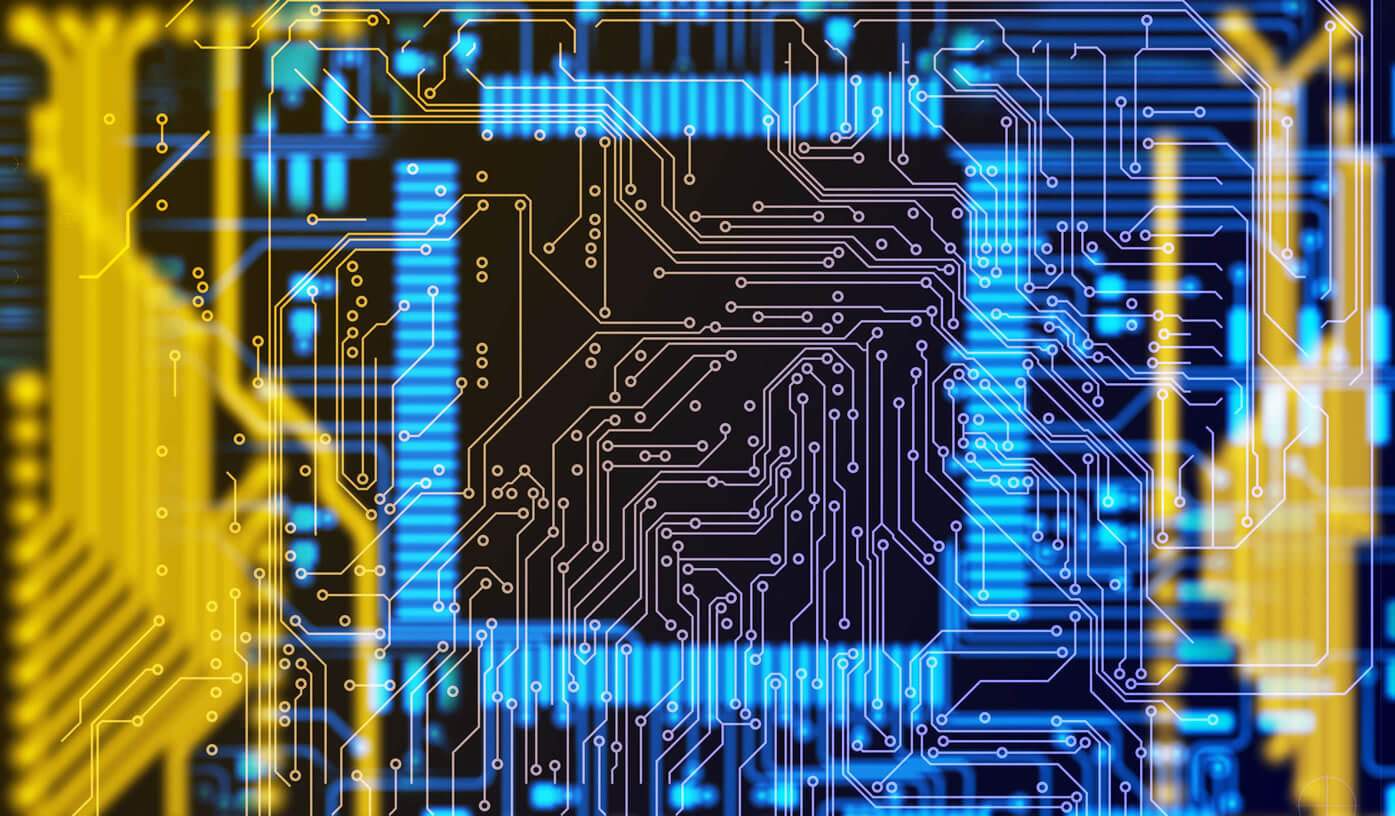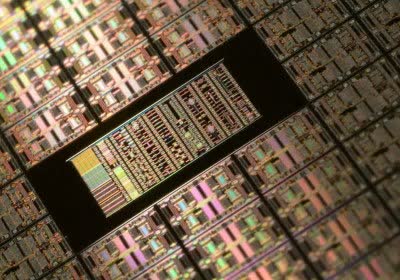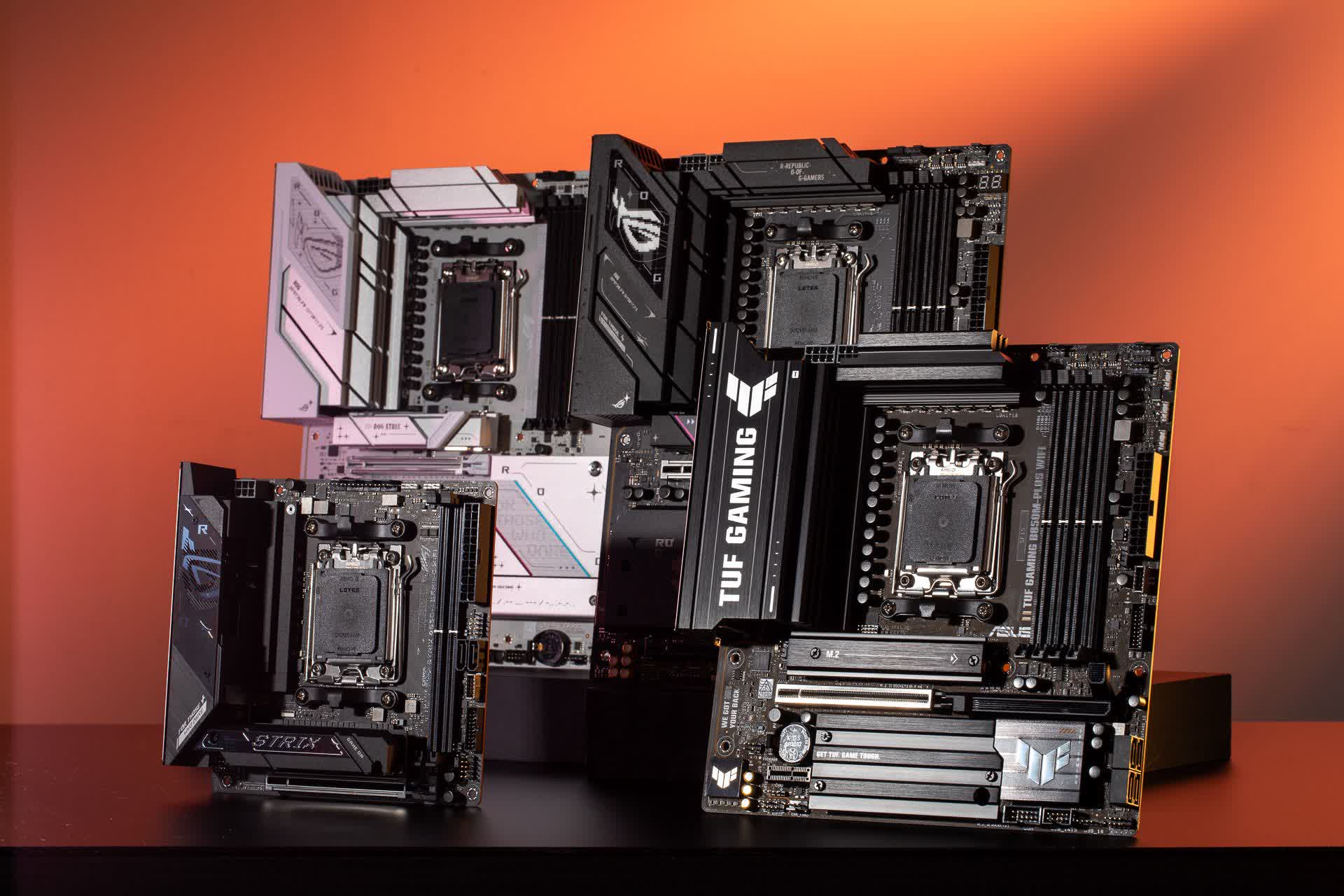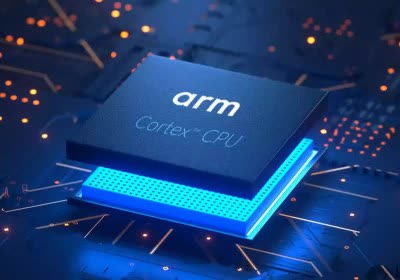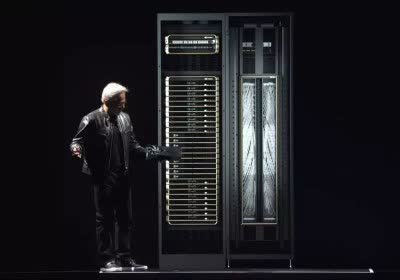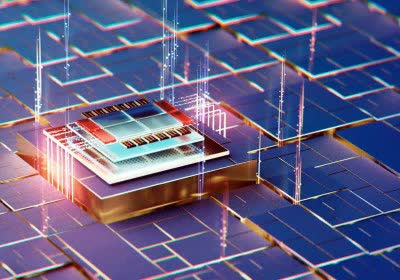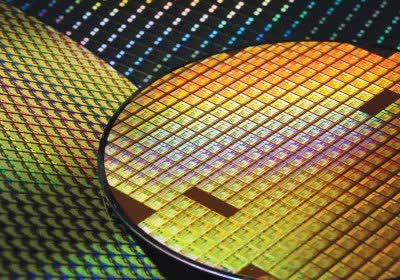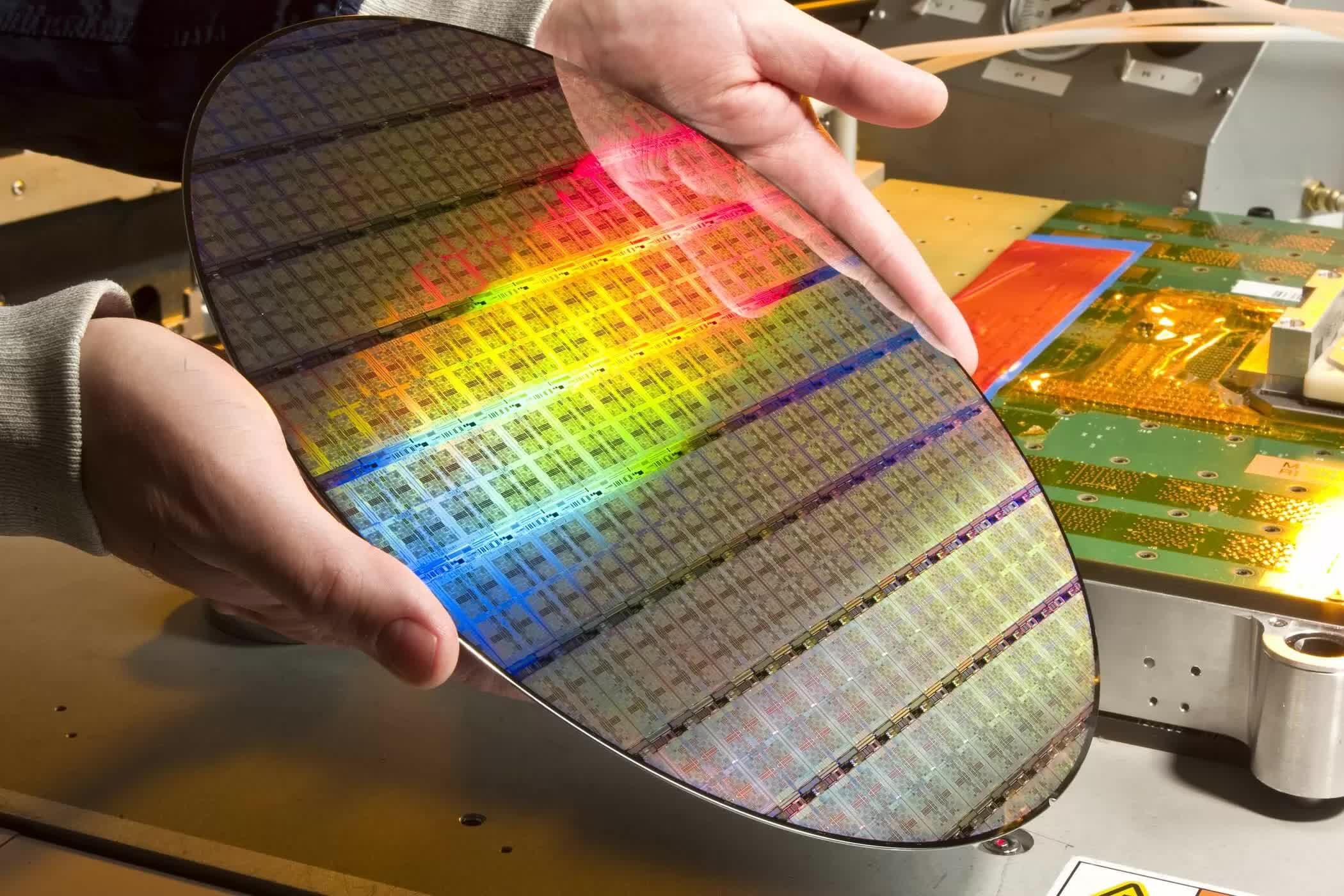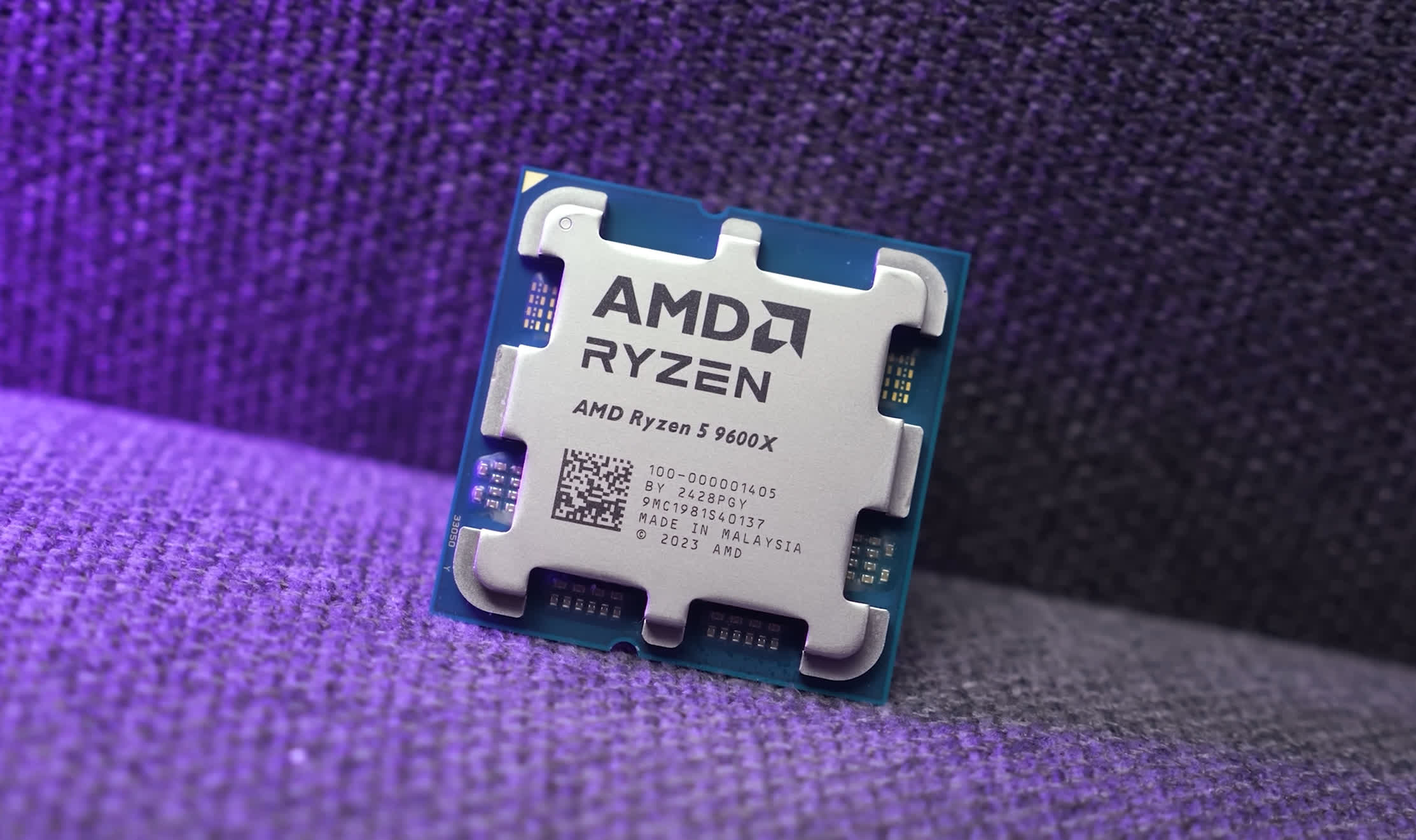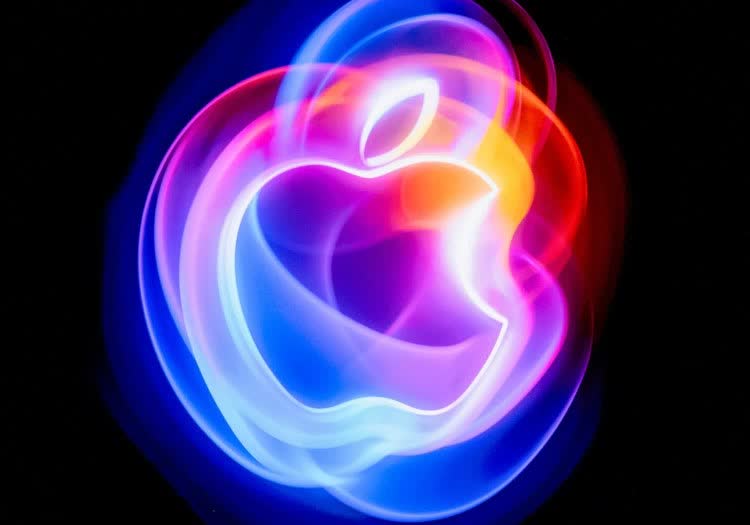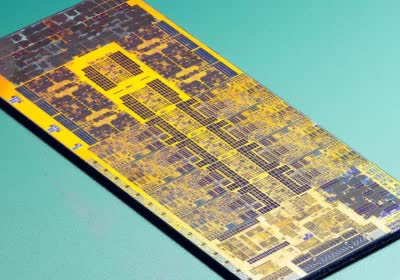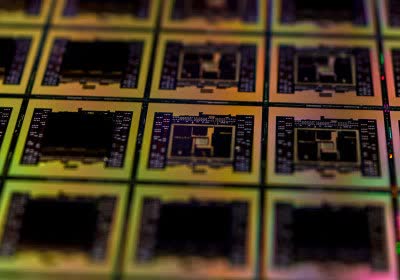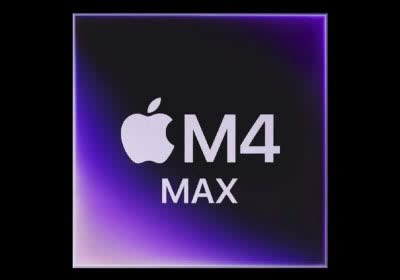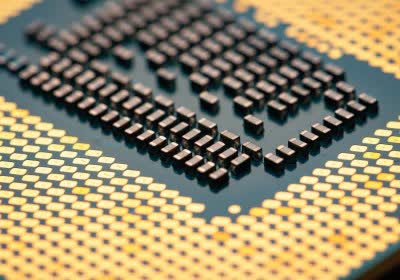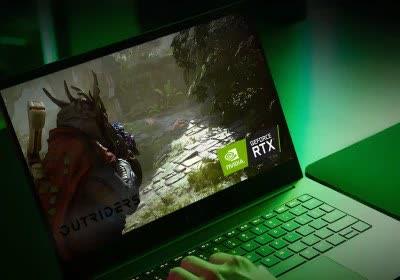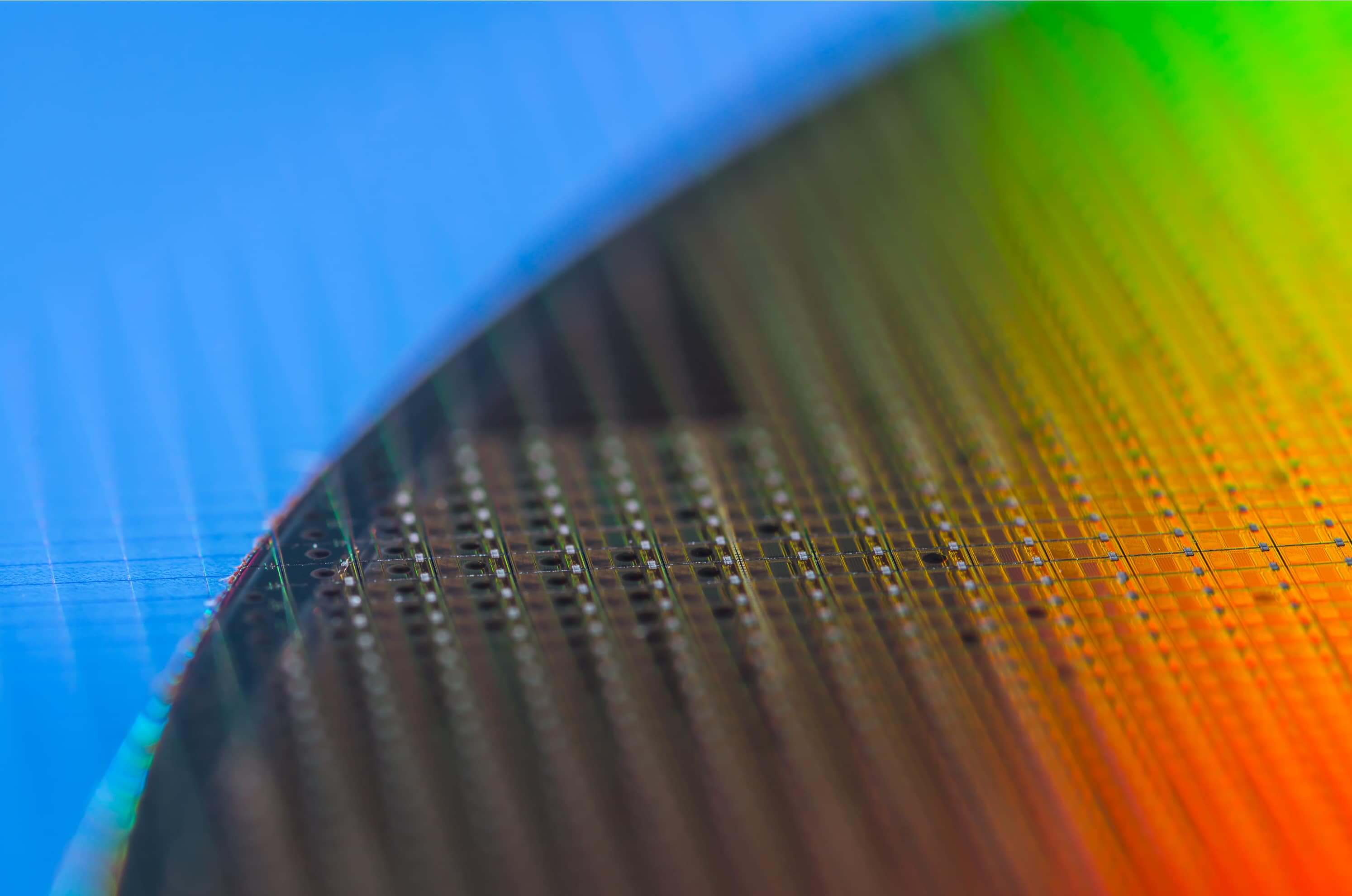iPhone 16e debuts Apple's first in-house modem, putting it one step closer to cutting ties with Qualcomm
The rise of on-device AI is reshaping the future of PCs and smartphones
Arm wants to build its own chips, so it may be poaching from chip-making clients
Intel's 18A found to be faster but TSMC's N2 is denser in process node showdown
Bottom line: Intel and TSMC are both gearing up to launch their respective 18A and N2 process nodes, each offering significant advancements. On one side, Intel claims 18A will deliver much higher generational performance gains. On the other, TSMC is emphasizing N2's impressive transistor density. But which one is truly superior? As it turns out, the answer isn't so straightforward.
How CPUs are Designed and Built: Fundamentals of Computer Architecture
We all think of the CPU as the "brains" of a computer, but what does that actually mean? What is going on inside with the billions of transistors that make your computer work? In this four-part series, we'll be focusing on computer hardware design, covering the ins and outs of what makes a computer function.
OpenAI custom chip project aims to challenge Nvidia's dominance
Guide to AMD Ryzen AM5 Motherboard Chipsets
When choosing a motherboard for your Ryzen CPU, you'll find options like X870, B650, A620, and the new B850 and B840. This guide explains the chipset differences, PCIe lane setups, and help you pick the right board.
Intel's takeover dilemma: A Gordian knot of funding and politics
Editor's take: A takeover of Intel has become a Gordian knot. The company's factories require massive investments – billions of dollars and several years to fix – which most prospective buyers, companies or private equity firms aren't willing to handle. The US government has also poured a lot of money into these factories, making it politically difficult to shut them down. The problem is clear: no one wants the factories, but Intel can't be sold without them.
Arm aims to challenge x86 dominance with faster CPUs and AI-enhanced GPUs
Nvidia transitions to advanced CoWoS-L chip packaging, signaling a major shift for TSMC
TSMC CEO is optimistic about Arizona chip quality despite challenges, most advance tech will remain in Taiwan
Biden administration AI chip export rules trigger industry backlash and global concerns
Apple's 3nm TSMC wafer costs soar to $18,000, more than tripling since the 28nm A7 chip
What Are Chiplets and Why They Are So Important for the Future of Processors
While chiplets have been around for decades, today they are the hottest trend in chip making powering millions of devices from PCs, to servers, phones and wearables.
The Best CPUs: Productivity and Gaming
It's time to round up the best CPUs on the market. After countless CPU reviews and benchmarks, we've put it all together into a single article to make your CPU shopping as straightforward as possible.
Qualcomm wins landmark trial against Arm in chip license dispute
Apple may be working on a custom AI server chip with Broadcom's help
The real end of Moore's Law and the true cost of a monopoly
Nvidia nearly doubles AMD's R&D budget – Intel's spending dwarfs both, but struggles to compete
The big picture: The competitive strength of hardware makers is often gauged by their research and development expenditure. However, an analysis of recent financial reports from various tech giants reveals that higher R&D spending does not always guarantee success. Intel's recent struggles and Nvidia's astronomical growth driven by the AI boom have broken conventional assumptions.
Apple's M4 Max beats RTX 4070 in Blender, but falls short of the RTX 4080 Super
The x86 wish list: Complexities of an imaginary Intel takeover
Editor's take: We are frequently asked some version of the question, "Will someone acquire Intel?" At this point, we think it is highly unlikely, but these are unpredictable times. Setting aside all the principal considerations – like money, strategy, and regulatory approval – there are a few other hurdles. Chief among these is Intel's license for x86.
Nvidia's upcoming CPU could offer RTX 4070 mobile levels of performance
Explainer: What is Chip Binning?
You bought a new CPU and it seems to run cool, so you try a bit of overclocking. The GHz climb higher. Did you hit the silicon jackpot? You've got yourself a binned chip. But what's that exactly?
